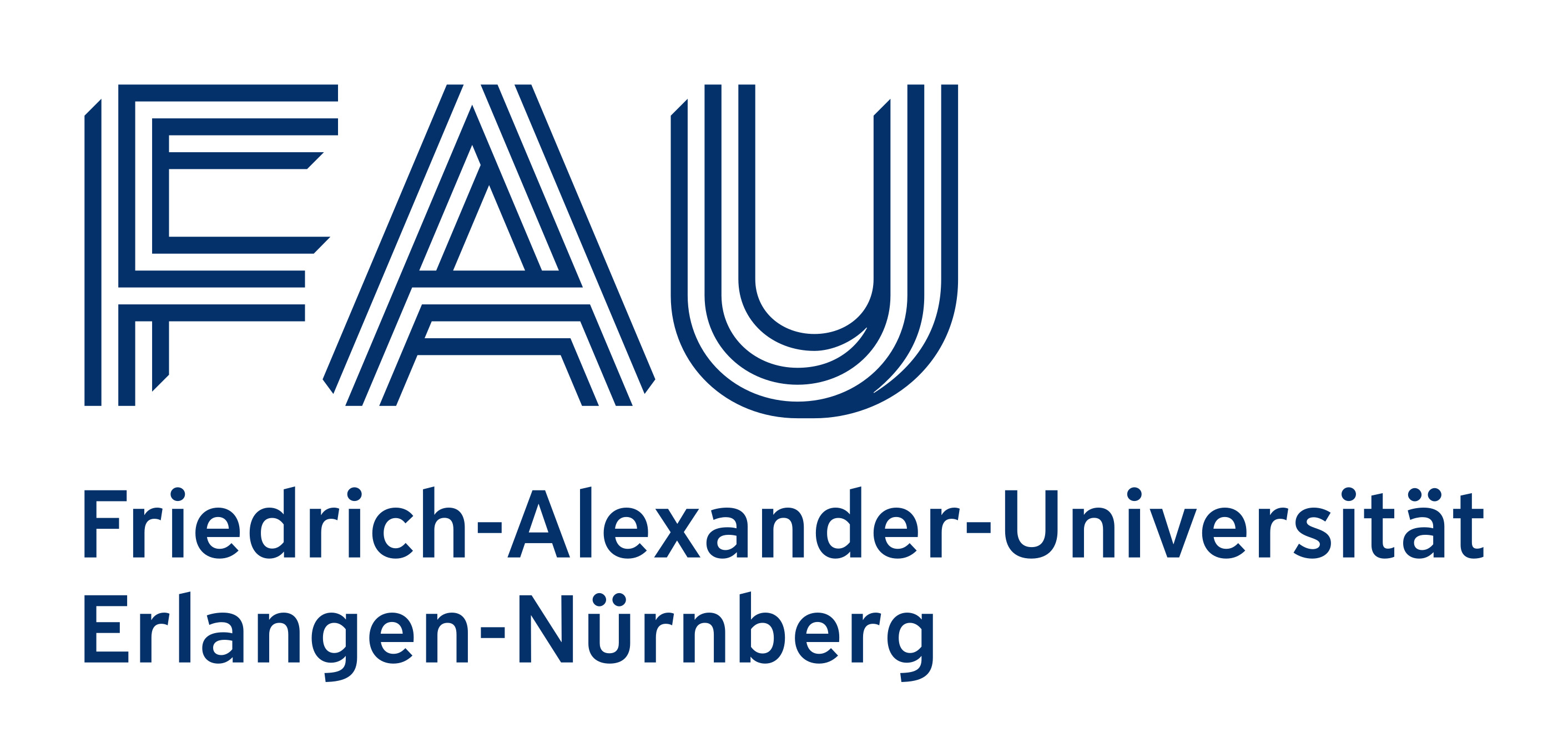Constitutional courts and transnational solidarity conflicts
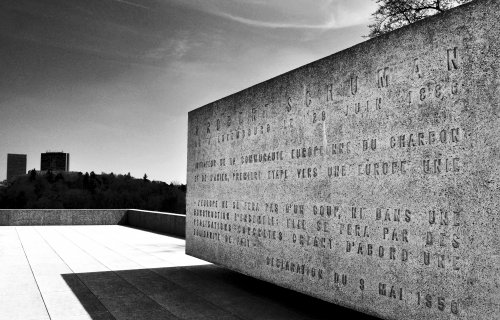
Conflict and conflict resolution
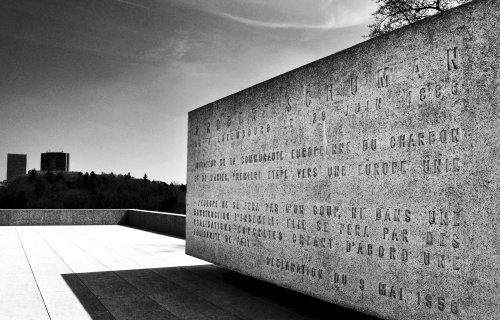
Research material
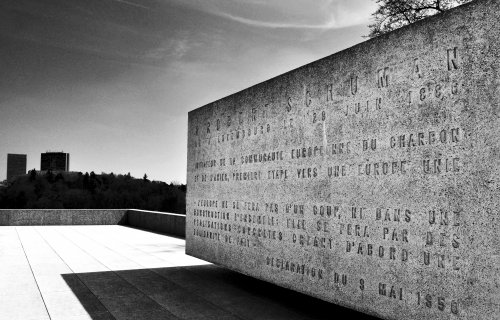
Research aims
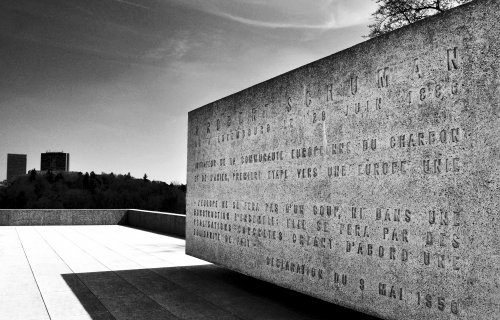
Affiliation
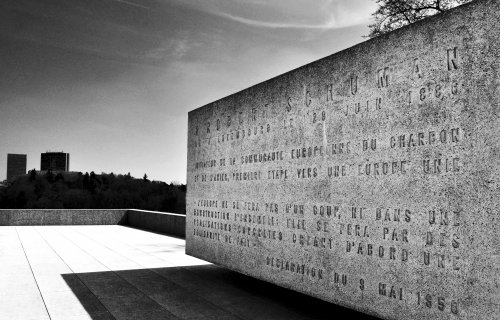
Projects
5. Constitutional courts and the organization of public authority in the European judicial area
In the fifth subproject we analyze whether, and if so, to which extent the role of constitutional courts has changed with regard to the organization of public authority. This requires a comparative analysis of the previous role of national constitutional courts in securing the separation of powers and in reviewing legislative acts on the national level. On this basis, we first investigate how the court's role within the national political system has been changing due to TSC, and second how this shift is initiated by the fact that public authority – especially in the realm of TSC – is exercised to an increasing extent on the supranational level. The separation of powers is not limited to the different powers on the national level but includes supranational legislation, jurisprudence and governance. Furthermore, decisions of national courts, governments and legislators can limit the scope of action for corresponding political bodies in other member states. Therefore, we have to take into account a horizontal, transnational dimension of the separation of powers when analyzing the role of constitutional courts with respect to the organization of public powers.
One of the major normative concerns of the research project is the question whether and with regard to which type of conflict the interference of constitutional courts can be justified. The aim is to qualify the legitimate function of constitutional courts in TSC within a transnational, democratic system of checks and balances. The ultimate aim is to evaluate the strategies and normative concepts developed by constitutional courts in order to solve TSC.
In a final step, we want to develop potential procedural solutions for judicial conflict resolution that take into account the transnational structure of public authority within the European judicial realm. In this context, our aim is to create a more inclusive form of conflict resolution by constitutional courts and to involve different constitutional perspectives in a direct dialogue.
-
The Case for Corona Bonds
Anuscheh Farahat supports Matthias Goldmann's proposal for corona bonds
-
Brent Spar Revisited?
Kristina Schönfeldt's Blogpost on German Practice in International Law
-
From Constitutional Normality to the State of Emergency
Teresa Violante's and Rui T. Lanceiro's blogpost on the coping with Covid-19 in Portugal
-
Against the Apocalyptic Swan Song: A Plea for Practical Hope
Anuscheh Farahat's intervention on the Verfassungsblog
-
Combatting TINA-Rhetoric through Judicial Review
Anuscheh Farahat and Teresa Violante on constitutional review in times of austerity
-
(Not) Striking down Surrogate Motherhood
Teresa Violante on the Recent Decision of the Portuguese Constitutional Court
-
Populism as a wildcard of the democratic promise
Marius Hildebrand together with Astrid Séville and Conrad Lluis Martell on Soziopolis
-
Constitutional complaint in Portugal?
Teresa Violante's opinion on the possible introduction of the constitutional complaint in Portugal
-
Pushing for transformation
Anuscheh Farahat about transformative constitutionalism on the international law blog
-
Disenchantment failed
Marius Hildebrand on the Swiss People's Party as avantgarde of the New Right in Europe

